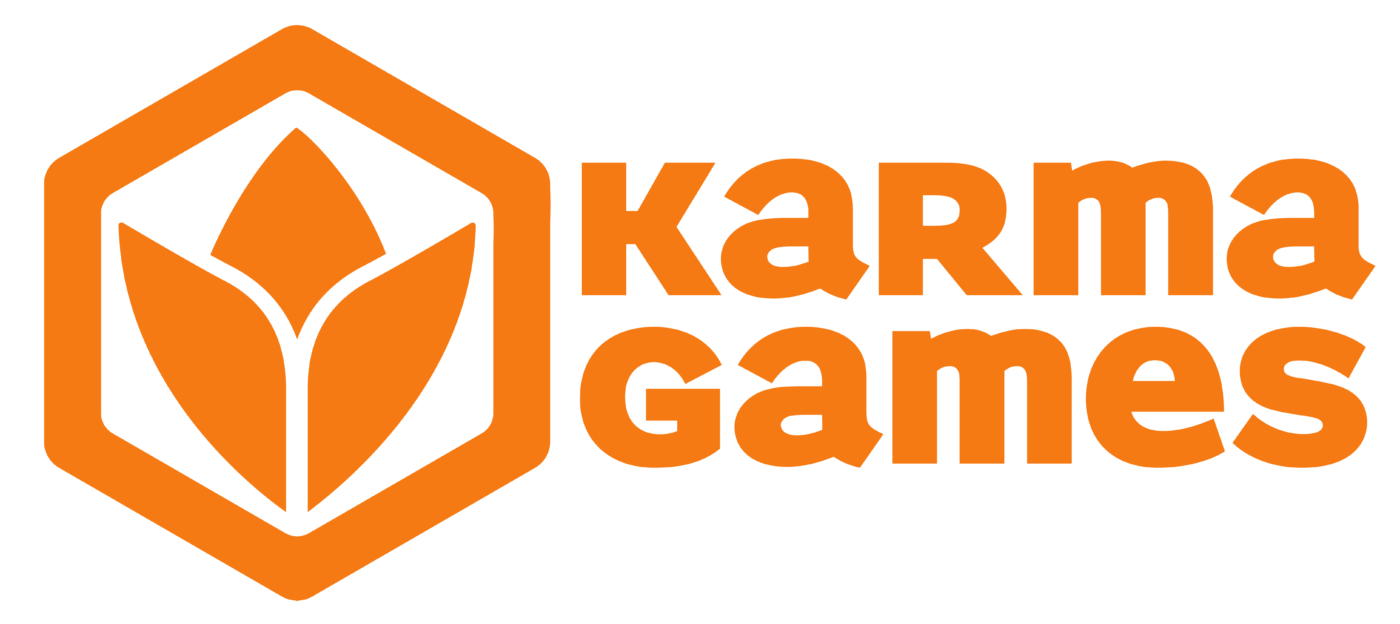Uncategorized
Personal Interview with Jamey Stegmaier, Part 1
Jamey Stegmaier from Stonemaier Games reveils which personal skills helped him become so successful.

Jamey, I have been following Stonemaier Games from the very beginning and I have been impressed by your success and even more by the way you achieved it. Thus, I’d like to focus more on you as a person and entrepreneur than game designer.
You share your expertise in more than 200 in-depth Kickstarter lessons on your website and help competitors to thrive. I am intrigued by your willingness to help potential competitors. Nowadays we are more used to face a scarcity and competition focused mindset in the business world.
Juma: Did you always have this mindset of abundance? And what made you develop it?
Jamey: Well, I would say there are two parts to this: The first is the idea that when I create something, I want it to add value to people. That philosophy extends to everything I do. For example, when I originally started writing a blog on the Stonemaier Games website in 2012, it was just about the various cards in Viticulture. Those entries may have added value to a few people who were curious about the cards, but the value was fleeting at best. That’s when I realized that I could use the platform and my Viticulture experience to share insights, mistakes, and lessons learned about Kickstarter to benefit other creators. Once I started doing that, I really felt like I was adding value to others—it felt right, and it felt good. I try to trust my instincts on stuff like that, and in that case, it led to the mindset of abundance you mention.
However, the other part is that abundance has limits, largely because my time has limits. I found that people would contact me directly for advice, and for a while I was spending hours helping out other people with their project pages and campaigns. I mentioned above how it felt “right and good” to write the blog…pretty soon, it stopped feeling right and good to spend so much time helping individuals, because it was really taking a bite out of time I needed to spend on my company and my games. I felt used. So that’s when I realized that I needed to set clear boundaries.
Juma: You continuously work 80 hours a week. How do you manage to not burn out? Do you have an “exit” plan, to work less after a certain achievement or do something completely different?
Jamey: This is a good segue from the previous question, because it’s all about those boundaries. I’ve realized over the last few years working full-time at Stonemaier that 80 hours of work each week is my sweet spot. I love to work, and I’d be really bored and understimulated if I worked significantly less than that. But similar to my answer above, I have my limits. If I creep over that 80-hour mark, it’s too much.
I don’t see myself wanting to work less for a long time. However, I might want to work differently at some point. On occasion I identify tasks and responsibilities that are a burden on me, and when I do, I seek someone who actually enjoys those tasks (and is good at them). Because of that method, I think I’ll see my job continue to evolve.
Juma: Your incredible success with Stonemaier Games is astonishing, especially since you seem to have had a “normal” life before. Which skills of yours are the most crucial for your success and how did you acquire these?
Jamey: Before going full time at Stonemaier, I had two main jobs, each for 4-5 years, as well as one other job that impacted who I am today:
- Server at a restaurant: For 2 summers during college, I worked as a server at two different restaurants. I learned SO much about customer service during that time.
- Project manager at a book publishing company: At my first job after college, I spent a ton of time coordinating authors, publishers, freelancers, and typesetters. I learned a lot about project management.
- Director of Operations at a campus facility: I had a number of responsibilities at this job, including managing people in person instead of virtually (like in my previous job). But one of the big things I did was run our big annual fundraising event. I learned a lot about raising funds and marketing from that.
- Also, I blogged for years before starting Stonemaier, and I was an avid writer. Clear and engaging written communication is so important if you’re running a business or designing games.
Juma: Taking into account your core strengths, in which other domain / professional role do you think you’d do well and enjoy your work?
Jamey: I had to think about this one for a minute. 🙂 So if I had to completely change industries, what would I enjoy and be good at? I’m kind of spoiled by working at home and for myself, so I’d lean towards doing that again, just in a different field.
If I were unemployed, I would probably try to stay in the game industry, perhaps working for a manufacturer or another publisher to do some of the things I do now: game development, customer service, social media, marketing, project management, logistics, crowdfunding, etc.
——–
In the second part of the interview Jamey explains what he does when he is stressed out and how he would like to be remembered.
Feel free to subscribe to get a notification, will be published in a few days.!

